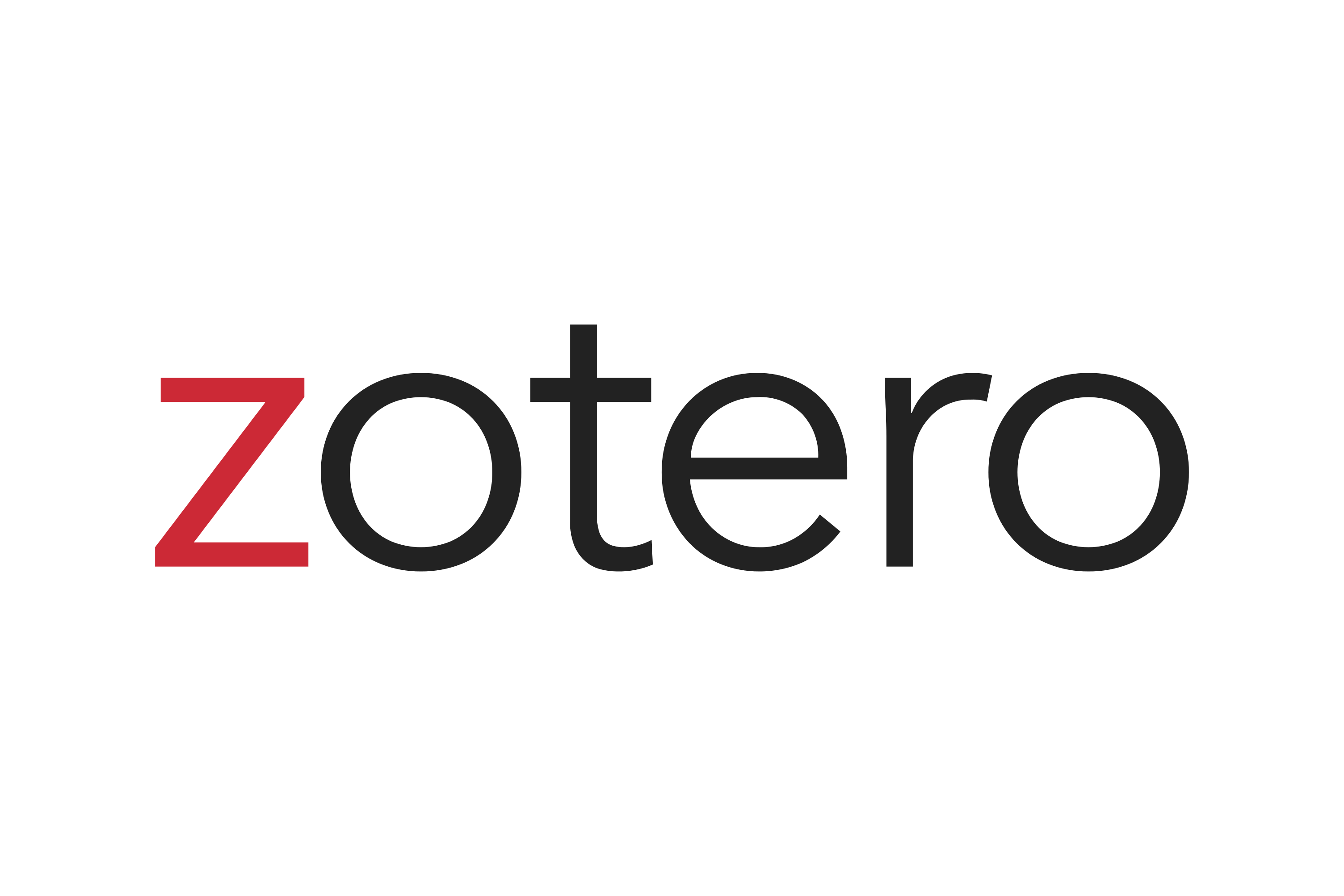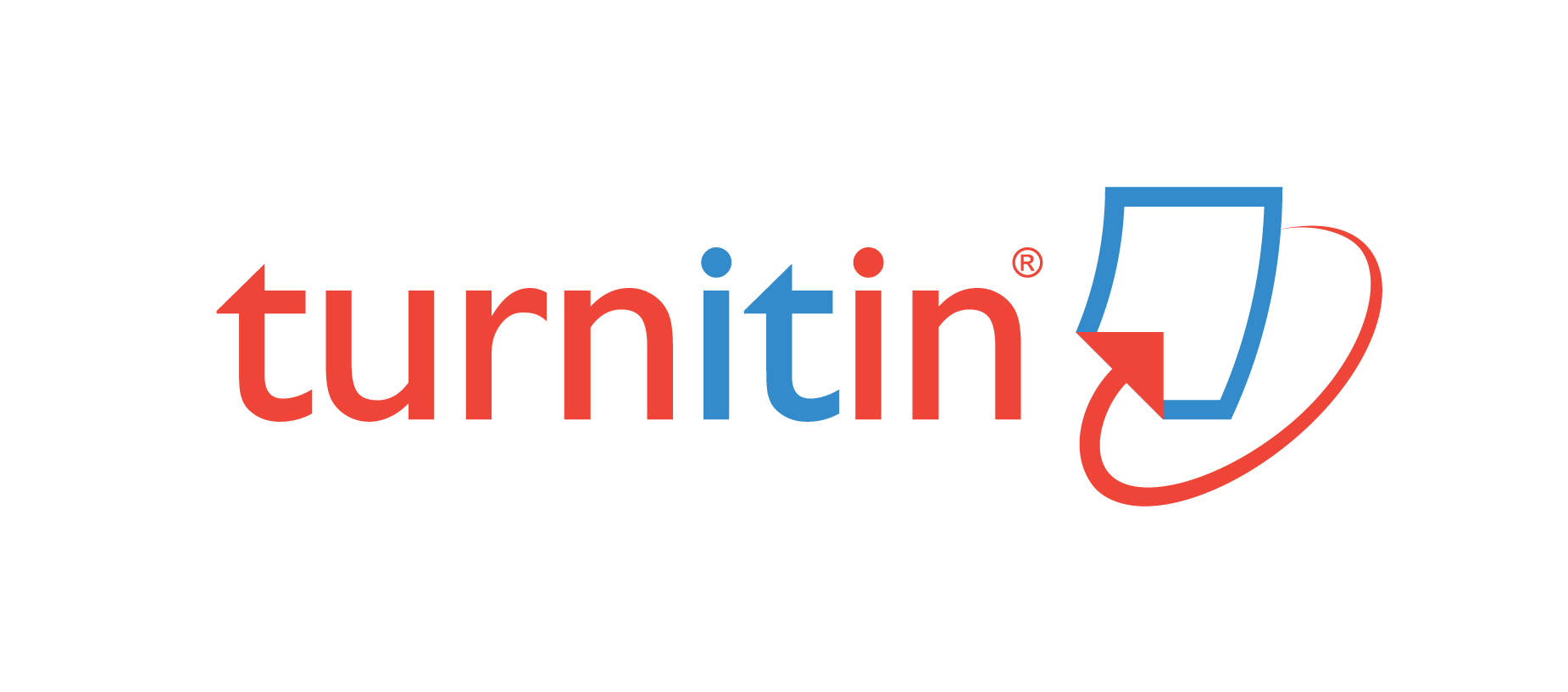THE ROLE, DUTIES AND FUNCTIONS OF PARENTS IN EDUCATION
Study of The Qur'an Surah At-Tahrim Verse 6 and Luqman Verse 13
DOI:
https://doi.org/10.32678/alfath.v18i1.10489Keywords:
Role of Parents, Children's Education, Al-Qur'anAbstract
The important role of parents when educating children physically and mentally. In the Islamic context, the Koran provides clear instructions regarding the duties and functions of parents in the education of their children. These two verses, At-Tahrim verse 6 and Luqman verse 13, emphasize the role, responsibility and function of parents in guiding their children. This article aims to explore this concept and its relevance to modern education from a Quranic perspective. Through analysis of these two verses, this article explores the role of parents as spiritual guides, their responsibility for the religious, moral and physical education of their children, as well as as role models, supporters and guides. This article also highlights the relevance of these concepts in the context of inclusive education and parent-school collaboration. Therefore, this article examines the important role of parents in giving birth to a quality generation based on the teachings of the Koran.
Downloads
References
Al-Jumbulati, Ali. “Abul Futuh at-Tuwaanisi, 2002.” Perbandingan Pendidikan Islam, n.d.
Hermawan, Asep. “Konsep belajar dan pembelajaran menurut al-ghazali.” Qathrunâ 1, no. 01 (2014): 84–98.
Husni, Muhammad. Studi Pengantar Pendidikan Agama Islam. ISI Padangpanjang, 2016.
Idi, Abdullah. “Etika pendidikan keluarga, sekolah dan masyarakat,” 2015.
Lestari, Leni. “Pembentukan Akhlakul Karimah Dalam Buku Pendidikan Karakter Islam Karya Dr. Marzuki, M. Ag.” UNIVERSITAS ISLAM NEGERI SULTAN SYARIF KASIM RIAU, 2021.
Makmudi, Makmudi, Ahmad Tafsir, Ending Bahruddin, dan Akhmad Alim. “Urgensi pendidikan akhlak dalam Pandangan Imam Ibnu Qayyim al-Jauziyyah.” Ta’dibuna: Jurnal Pendidikan Islam 8, no. 1 (2019): 17–37.
Nasution, Sorimuda. “Metode Research (penelitian ilmiah),” 2009.
Pahleviannur, Muhammad Rizal, Anita De Grave, Dani Nur Saputra, Dedi Mardianto, Lis Hafrida, Vidriana Oktoviana Bano, Eko Edy Susanto, Ardhana Januar Mahardhani, Mochamad Doddy Syahirul Alam, dan Mutia Lisya. Metodologi Penelitian Kualitatif. Pradina Pustaka, 2022.
Puspytasari, Heppy Hyma. “Peran keluarga dalam pendidikan karakter bagi anak.” Jurnal Pendidikan Islam 6, no. 1 (2022): 1–10.
Rakhmat, Jalaluddin. Psikologi agama. Mizan Publishing, 2021.
Riduwan, M B A. “Skala pengukuran variabel-variabel penelitian,” 2022.
Roqib, Moh. Ilmu Pendidikan Islam; Pengembangan Pendidikan Integratif di Sekolah, Keluarga dan Masyarakat. LKIS Pelangi Aksara, 2009.
Saputra, Andi Muh Akbar, Muh Risal Tawil, Hartutik Hartutik, Ranti Nazmi, Erniwati La Abute, Liza Husnita, Nurbayani Nurbayani, Sarbaitinil Sarbaitinil, dan Farid Haluti. Pendidikan Karakter Di Era Milenial: Membangun Generasai Unggul Dengan Nilai-Nilai Positif. PT. Sonpedia Publishing Indonesia, 2023.
Sholihah, Abdah Munfaridatus, dan Windy Zakiya Maulida. “Pendidikan Islam sebagai Fondasi Pendidikan Karakter.” QALAMUNA: Jurnal Pendidikan, Sosial, Dan Agama 12, no. 1 (2020): 49–58.
Syarbini, Amirulloh. Model pendidikan karakter dalam keluarga. Elex Media Komputindo, 2014.
Zed, Mestika. Metode penelitian kepustakaan. Yayasan Pustaka Obor Indonesia, 2008.
Downloads
Published
How to Cite
Issue
Section
License
Copyright (c) 2024 fitriyani nurfitroh

This work is licensed under a Creative Commons Attribution-ShareAlike 4.0 International License.
Copyright Notice

Al-Fath: http://jurnal.uinbanten.ac.id/ is licensed under a Creative Commons Attribution-ShareAlike 4.0 International License
An author who publishes in Al-Fath agrees to the following terms:
- Author retains the copyright and grants the journal the right of first publication of the work simultaneously licensed under the Creative Commons Attribution-ShareAlike 4.0 License that allows others to share the work with an acknowledgment of the work's authorship and initial publication in this journal
- Author is able to enter into separate, additional contractual arrangements for the non-exclusive distribution of the journal's published version of the work (e.g., post it to an institutional repository or publish it in a book) with the acknowledgment of its initial publication in this journal.
- Author is permitted and encouraged to post his/her work online (e.g., in institutional repositories or on their website) prior to and during the submission process, as it can lead to productive exchanges, as well as earlier and greater citation of the published work (See The Effect of Open Access).
Privacy Statement
The names and email addresses entered in this journal site will be used exclusively for the stated purposes of this journal and will not be made available for any other purpose or to any other party.









